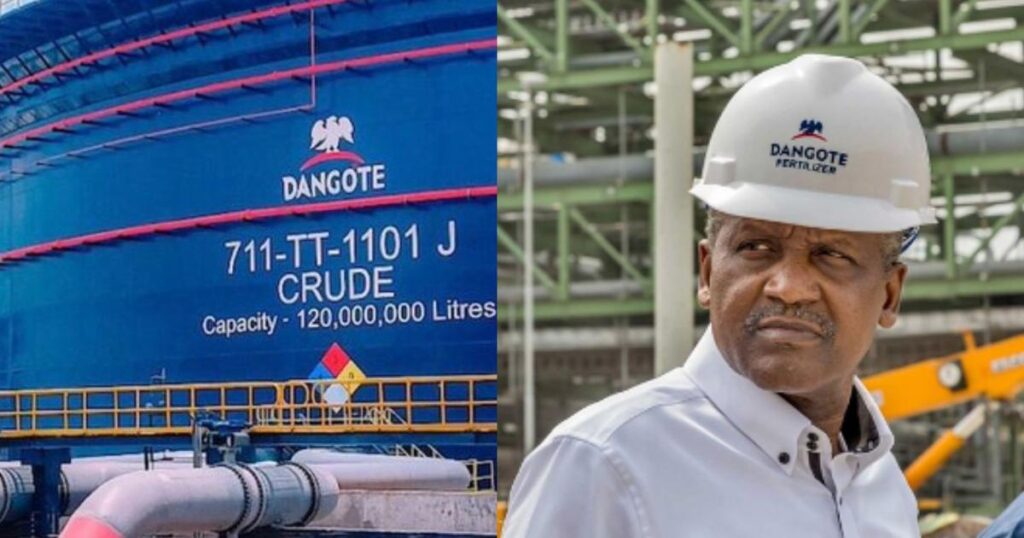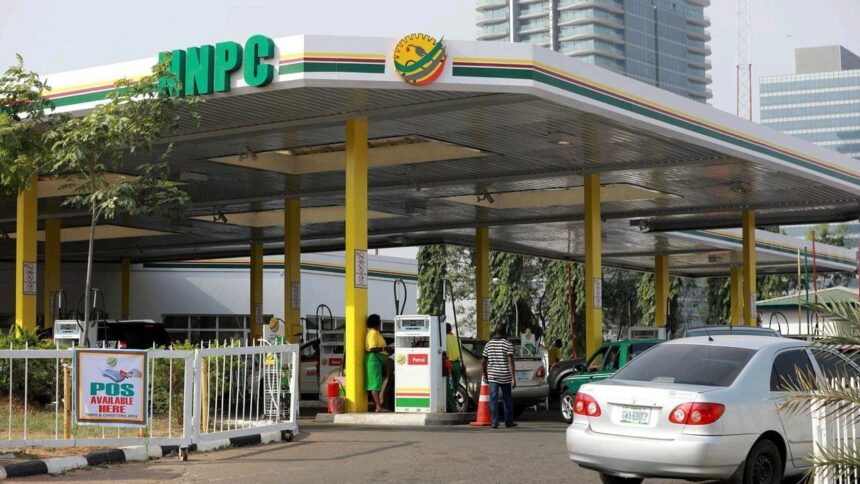The Independent Petroleum Marketers Association of Nigeria (IPMAN) has criticized the Nigerian National Petroleum Company Limited (NNPCL) for selling petrol sourced from the Dangote Refinery at higher prices than imported petrol.
IPMAN National Welfare Officer John Kekeocha expressed his dissatisfaction during an appearance on Channels Television’s The Morning Brief breakfast programme on Monday.
Kekeocha questioned the logic behind the NNPCL’s pricing strategy, saying, “If NNPC can sell Dangote products higher than the imported products then it doesn’t make sense. What is the celebration we are having all these while then?” …CONTINUE READING


His remarks came in response to the NNPCL’s recent announcement that it had begun lifting petrol from the Dangote Refinery, purchasing it at N898 per litre.
Prior to this, petrol sold at NNPCL retail outlets in Lagos was priced around N855 per litre.
However, following the commencement of petrol deliveries from the Dangote Refinery, prices surged.
The NNPCL reported that petrol from Dangote is now being sold at N950 per litre in Lagos and N1,019 per litre in Borno.
The pricing discrepancy has sparked concern among industry stakeholders and the public. In a response to these concerns, the Dangote Refinery has denied the NNPCL’s claims regarding the price at which it sold the petrol.
Anthony Chiejina, a spokesman for the Dangote Refinery, labeled the NNPCL’s statements as “misleading and mischievous” in a statement issued late Sunday.
Chiejina emphasized that the petrol was sold to the NNPCL in dollars, which represented significant savings compared to the cost of imported petrol.
He further asserted that the introduction of Dangote petrol into the market would ensure availability across every local government area of Nigeria, including more remote locations.
This development underscores the ongoing tensions and complexities within Nigeria’s oil sector, particularly in relation to pricing and distribution.
The conflicting statements from IPMAN, the NNPCL, and the Dangote Refinery highlight the challenges facing Nigeria’s petroleum industry as it navigates issues of supply, pricing, and market transparency.



